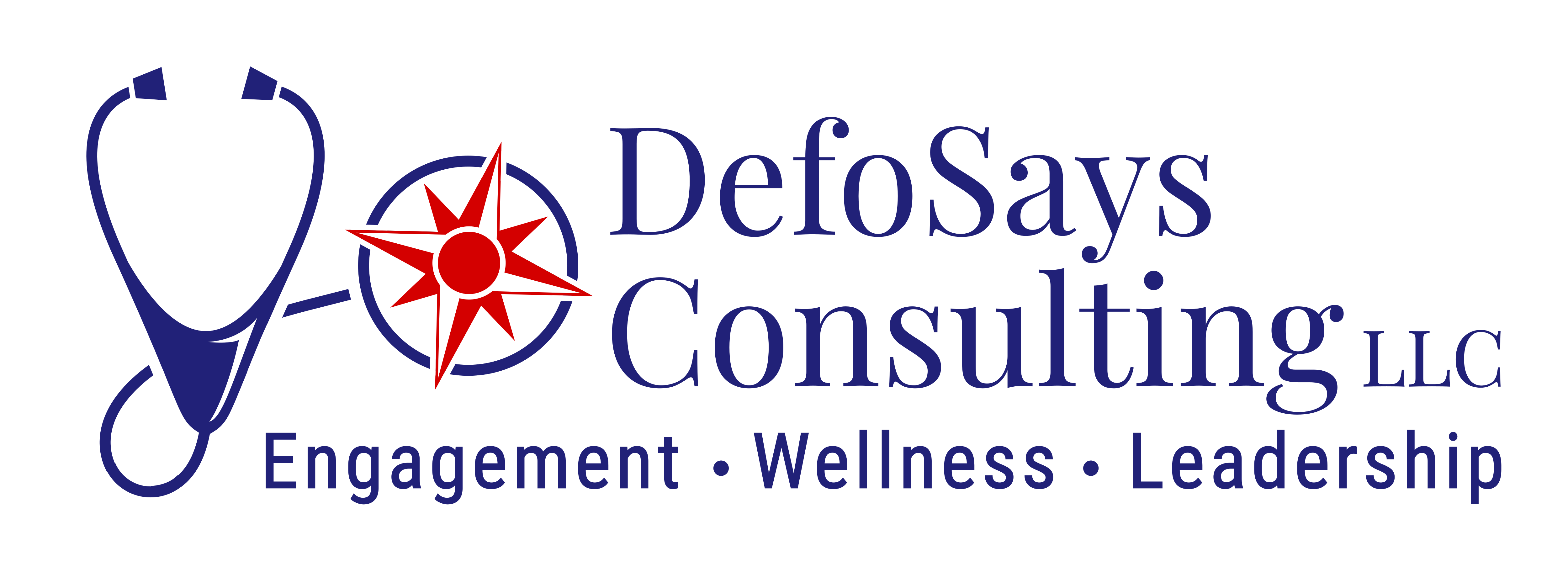
Quick take: Positive COVID test? Act fast!
COVID-19 remains a lethal pandemic.
All COVID-19 positive patients should be considered for early treatment, before you get too sick.
Highly effective COVID-19 medicines are now widely available.
New treatments must be started within the first 5 days, so it is essential to act fast.
At least 40% of Massachusetts residents qualify for early at-home treatment.
New treatments reduce the risk of serious illness or death by 89%.
Detailed information is available at this Massachusetts Department of Public Health website.
Who qualifies to receive early COVID-19 medications?
Adults who have mild-to-moderate COVID-19 and are within five days of symptom onset (7 days for IV medicine), and who are at high risk for serious disease qualify for these highly effective treatments.
Pediatric patients who are at least 12 years old and over 40 pounds qualify for the oral COVID-19 treatments. Infants and children 28 days and older and who weigh at least 7 pounds qualify for intravenous treatment.
Who is at high risk for progression to serious illness or death? Roughly 40% of all Massachusetts residents (more in other states). If you have any of the following conditions, you are at high risk for progression of COVID-19 to serious illness, hospitalization, or death:
Age over 65 years
Overweight or obese
Diabetic
COPD or asthma
Diseases of the heart, lung, liver or kidney
Pregnant
Dementia
Cancer
Disability
Substance use disorder
Mental health disorder
Immunocompromised
The full CDC list is here.
Clinical trials have shown Paxlovid pills reduced the risk of COVID-19 related hospitalization or death by 89% compared to placebo in individuals with mild-to-moderate COVID-19, when given within five days of symptom onset.
Paxlovid pills are currently readily available at many pharmacies including CVS and Walgreens. Urgent care centers and pharmacies with “minute clinic” clinicians can prescribe this medication, often with a telephone or video at-home consultation.
There are currently four COVID-19 treatment options available in Massachusetts today:
2 antiviral pills are available:
Paxlovid (must be taken within 5 days of the first COVID-19 symptom)
Molnupiravir (must be taken within 5 days of the first COVID-19 symptom)
2 intravenous (IV) treatments are available:
Remdesivir, an antiviral medication (must be given within 7 days of the first COVID-19 symptom)
Bebtelovimab, a monoclonal antibody treatment that helps your body fight the coronavirus (must be administered within 7 days of the first COVID-19 symptom)
A quick, easy, and free telehealth program for COVID-19 treatment is now also available in Massachusetts:
This program is available to Massachusetts residents 18 years and older who have tested positive for COVID-19, and who are experiencing mild-to-moderate symptoms. If you live in Massachusetts, simply go to this website to obtain a free video telemedicine consultation to determine if you qualify for free treatment. This program is also available in English, Spanish, Haitian Creole, and Portuguese.
For those who do contract COVID-19, whether you are vaccinated or not, if you have even a single risk factor listed above, please talk to your physician or nurse practitioner about taking one of the highly effective medications available, which can dramatically lower your risk of hospitalization and death.
Vaccination:
Unvaccinated people are much more likely to be hospitalized and die of COVID-19. Vaccination and staying up to date on COVID-19 boosters continues to be the most effective way to protect yourself against COVID-19.
An infectious disease expert recently told me, “It is not the fault of the unvaccinated that the pandemic continues. However, it is the fault of the unvaccinated when they end up intubated in the hospital ICU.”
How deadly is COVID-19?
COVID-19 was killing 10 times as many people as a bad year of the seasonal flu in 2020 -2021. (COVID-19 has resulted in roughly 500,000 deaths per year in the US in 2020 -2021 rather than 10,000 to 50,000 deaths per year typically seen in the US due to the flu). Today, the Omicron variant of COVID-19 is killing five times as many people as a bad year for the seasonal flu (roughly 500 COVID-19 deaths per day in the US rather than 100 flu deaths per day due to a bad seasonal flu).
You may be through with COVID, but COVID may not be through with you.
The omicron variant of COVID-19 is not milder than the earlier versions of COVID-19. A new Harvard study concludes that fewer people are dying of COVID today due to prior vaccination or partial immunity from prior infection, not because omicron itself is mild. Omicron is deadly. Please contact your healthcare provider urgently if you test positive for COVID-19. Lifesaving treatments are available.

